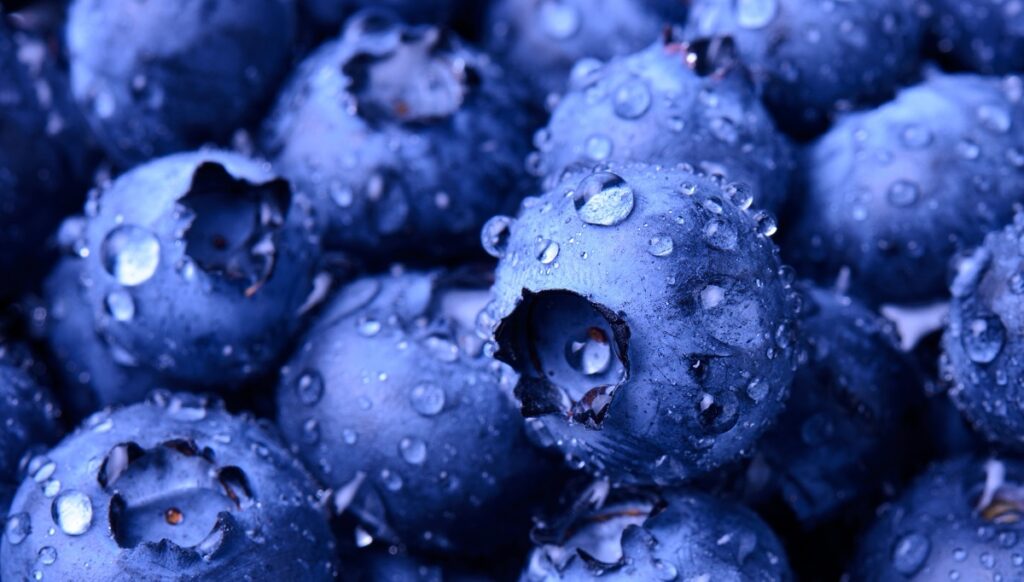‘I think we’ve proved our case to the ITC’, says blueberry coalition opposed to import changes

The group of blueberry companies and organizations that is opposed to potential U.S. modifications to import rules believes that it successfully made its case in a recent hearing with the International Trade Commission
On January 12, the U.S. International Trade Commission heard testimony from both sides of the U.S. blueberry industry on account of whether foreign trading partners are seriously injuring domestic growers.
The public vote is set to take place on February 11, and if an affirmative injury is determined prehearing briefs will begin as early as February 18.
However, the Blueberry Coalition for Progress and Health doesn’t believe there was strong enough evidence to prove serious injury to the market.
Joe Barsi, of California Giant Berry Farms, on behalf of the Coalition, told FreshFruitPortal.com that in order to prove serious injury there has to be idling and closing of factories, under- and unemployment, as well as a lack of capital going into the industry.
“I think we’ve proved our case to the ITC that none of those things are happening. In fact, we’re seeing significant growth in the blueberry industry,” Barsi said.
The majority of blueberry imports come during times when there are gaps in U.S. production, Barsi said, adding the Coalition sees these imports as more of a complement than a substitute.
According to the opposing side, the American Blueberry Growers Alliance (ABGA), pricing is the main point of contention. The group claims Latin American imports are responsible for sharp declines over recent years which it says has severely impacted many domestic growers.
Although Barsi "wouldn’t disagree that the market has come down a little bit in some shoulder windows", he stressed that the case is about serious injury to the entire domestic industry.
“The domestic industry is thriving with consumption and demand up along with a lot of momentum, so having some limitation of volumes coming in is going to negatively impact the growth of the marketplace and consumer demand," he said.
Barsi expected that if costs were to rise due to the potential imposition of market barriers like tariffs, they would be passed onto the end consumer instead of being absorbed by the supply chain.
Regardless of the decision, in order for the industry to continue to work together and grow demand, Barsi posed the question of what needs to be done to help the industries to catch up.
In Washington State and Oregon, according to Barsi, the growth of the industry has been significant with changing varieties and growing systems that allow machine harvesting.
“Some of the other states are playing catch up as it relates to [those areas]," he said.
“However, keep in mind that if they find serious injury and there is temporary relief, it is only temporary and it takes three years for a blueberry plant to start producing harvestable quantities."
“As an industry, we are all members of the U.S. Highbush Blueberry Commission, so we will continue to work together even though the media is saying David vs. Goliath, we are trying to do the right thing."
It is expected that determination, views and reports would be delivered to the President on March 29, with the deadline for the decision being May 27.















































